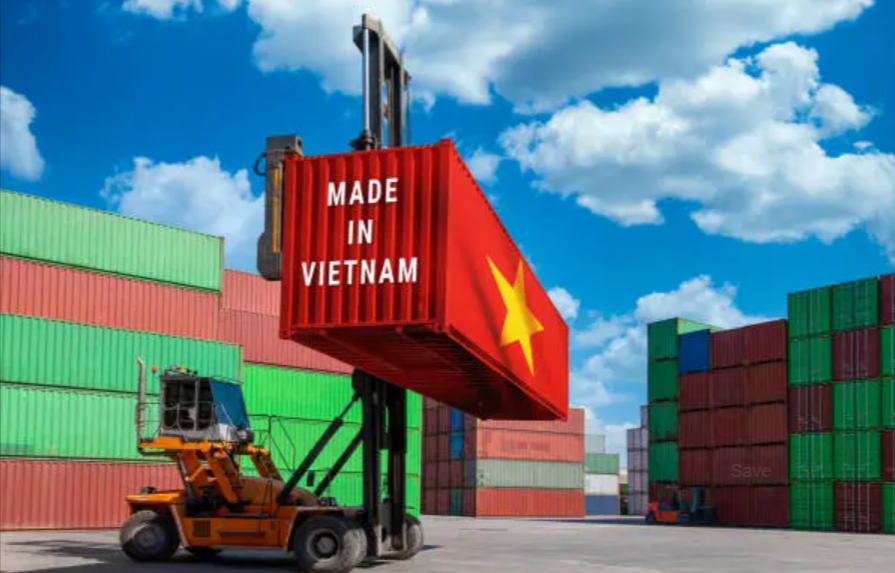Vietnam fast-tracks Trump-backed project amid 46% tariff threat

HANOI – The Vietnamese government has submitted an official response to the United States as part of its intensified efforts to defuse the threat of a 46% import tariff from the Trump administration.
While the contents of the document have not been disclosed, Vietnam’s Ministry of Industry and Trade described it as a clear signal of Hanoi’s goodwill and determination to find common ground with Washington, according to a statement quoted by Channel News Asia on Thursday (5/6).
The move comes amid a meeting in Paris between Vietnam’s Trade Minister Nguyen Hong Dien and US Trade Representative Jamieson Greer, ahead of a third round of bilateral trade talks expected before the weekend.
Yet Hanoi is not relying solely on conventional diplomacy. Vietnam is also accelerating a USD 1.5 billion megaproject involving the Trump Organization and local firm Kinh Bac City.
The project includes a tourism hub, golf course, and integrated township development, and is slated for completion by 2027—coinciding with the APEC summit to be hosted by Vietnam.
The New York Times reported that the project received unusually swift legal approvals, with limited public consultation and potential displacement of residents.
The expedited permitting—following a groundbreaking ceremony last month attended by Prime Minister Pham Minh Chinh and Eric Trump—has raised concerns over special treatment and possible conflicts of interest between President Trump’s political power and his family’s business.
Nevertheless, the Vietnamese government views the project as part of a broader national strategy to bolster economic growth.
Under the leadership of Communist Party General Secretary To Lam, Vietnam is pushing deregulatory reforms aimed at cutting at least 30% of business regulations and licensing times.
The Trump-linked project is seen as aligned with this vision, though it carries political risks both domestically and internationally.
Analysts from Singapore’s ISEAS–Yusof Ishak Institute regard the move as a calculated and pragmatic decision by Hanoi in response to President Trump’s transactional diplomatic style.
On Vietnamese social media, public opinion is split—some praise the government’s boldness, while others criticise the project as a veiled attempt at “bribery” in exchange for tariff leniency.
The 990-hectare development site poses social challenges.
Although the government has allocated 7.3 hectares for social housing and is offering market-based compensation in line with the country’s updated Land Law, concerns over potential land disputes remain.
Still, some landowners have reaped windfall gains from the sharp rise in property prices over the past year since the project was announced. (EF/ZH)